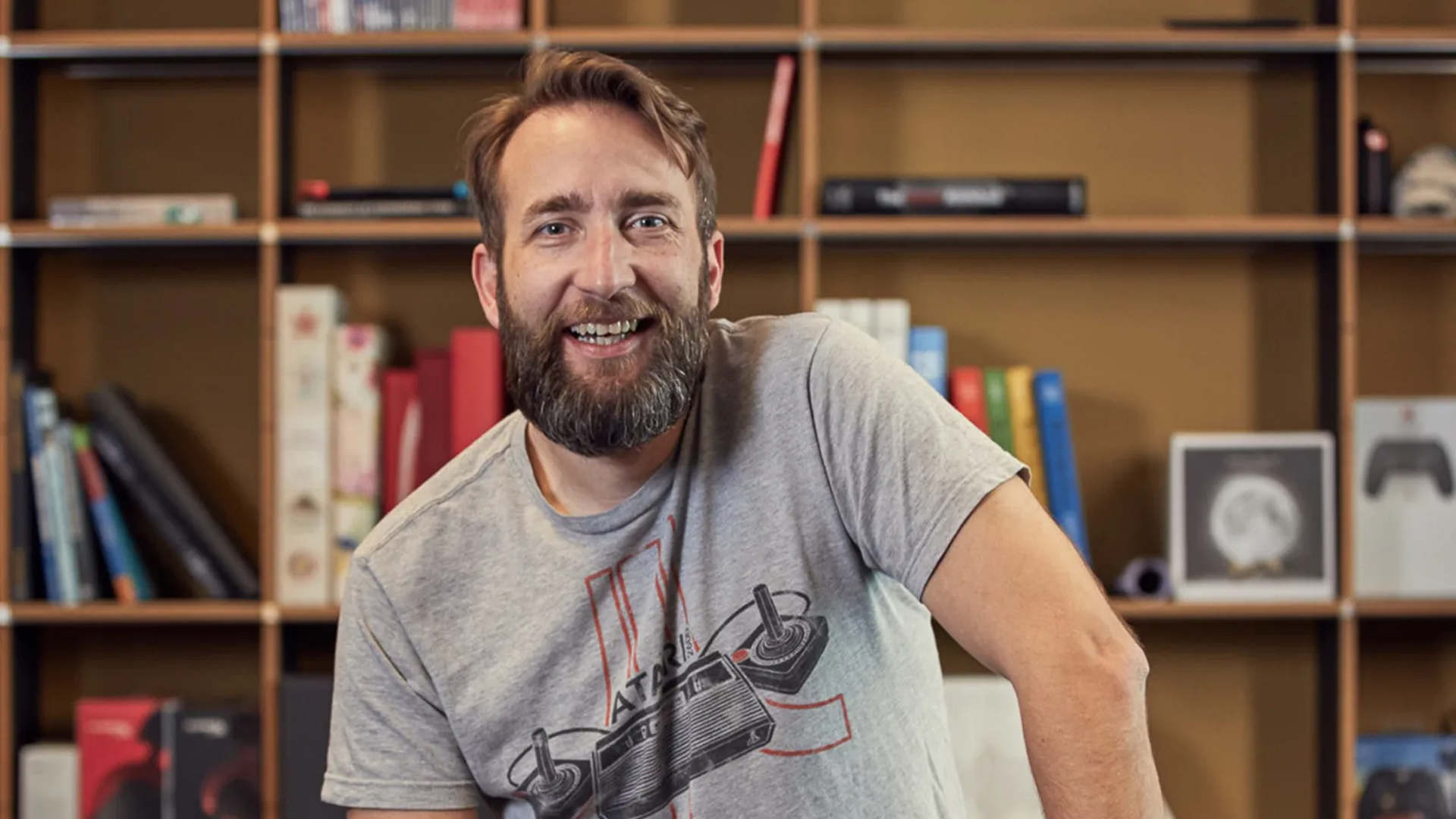
For a man with his name on the box of the fifth best-selling game of all time, Brendan 'PlayerUnknown' Greene is shockingly down to earth. His golden child, pioneering battle royale PUBG, has sold 75 million copies and remains a multi-billion dollar global phenomenon seven years after launch. But over dinner – at a bar a stone's throw from his Amsterdam studio – Greene jovially shares holiday snaps and cheap wine hacks, and admits to using his real name to go incognito at massive conferences while his game reshaped the industry.
That relaxed persona comes as a surprise. In one of Greene's more recent public appearances, a video announcing his departure from PUBG Studios and future plans, his long beard and sagacious tone presented him as more of a classical philosopher than modern game dev. Speaking softly in a black and white video, he outlined his new goal – a huge, planet-sized open world filled with the creative efforts of thousands of players sculpting their own environment. There was a touch of the auteur, a sense of a creator just a little lost in their own sauce, but at the bar, Greene admits it was a bit of an act. The monochrome, studio-style lighting belied the fact it was shot in his home, and his long beard was not so much a signifier of newfound wisdom as part of a bet to finally get this new project out in the open. It was shaved off the following day.
Now, three years later, the first part of this grand plan is not only out in the open, but slowly making its way into testers' hands. Prologue: Go Wayback! is a survival game with a simple goal – cross a large map to reach a distant objective – but it really exists to help Greene and his colleagues test the terrain generation tech that will lead to their end goal, revealed in that early video as Project Artemis. "I always wanted to create this bigger survival game," Greene tells me, "and that's what I'm trying to do now. We've gone Earth-scale. It's trying to get to that goal of millions of players on a massive world."
pic.twitter.com/dipZpUSeNYSeptember 3, 2021
Just right
The terrain tech is the first part of reaching that goal. Before I got my hands on Prologue, its developers boast that the machine learning technology they've developed can currently generate more than 4 billion potential outcomes. That might sound impressive, but it comes with its problems. For a while, it was a struggle to make sure the architecture and geography of those 4 billion maps was accurate. Now, it's their own version of the 'oatmeal problem'. You can generate thousands of subtly different 'bowls' – or in this case, 8x8km river valleys inspired by the Czechian countryside – but there's only so many ways to ensure that the player actually feels that difference.
Nevertheless, Greene seems confident. "We made a lot of progress on the terrain tech," he explains. "When we first started researching about four years ago, we cracked it in about three months, which was quite quick in our own estimation. But then it took quite a bit of time to get it to a state that we could release it and be confident about it." While the broad concept came together quite fast, it wasn't a smooth journey. "We had the wrong leadership up until about two years ago," says Greene, "so it was more experimenting at that stage, rather than focusing on a goal." It wasn't until the arrival of CTO Laurent Gorga, "who doesn't believe in developing tech in a vacuum," that Greene and his team finally started to turn their ideas into more of a "productized" game.
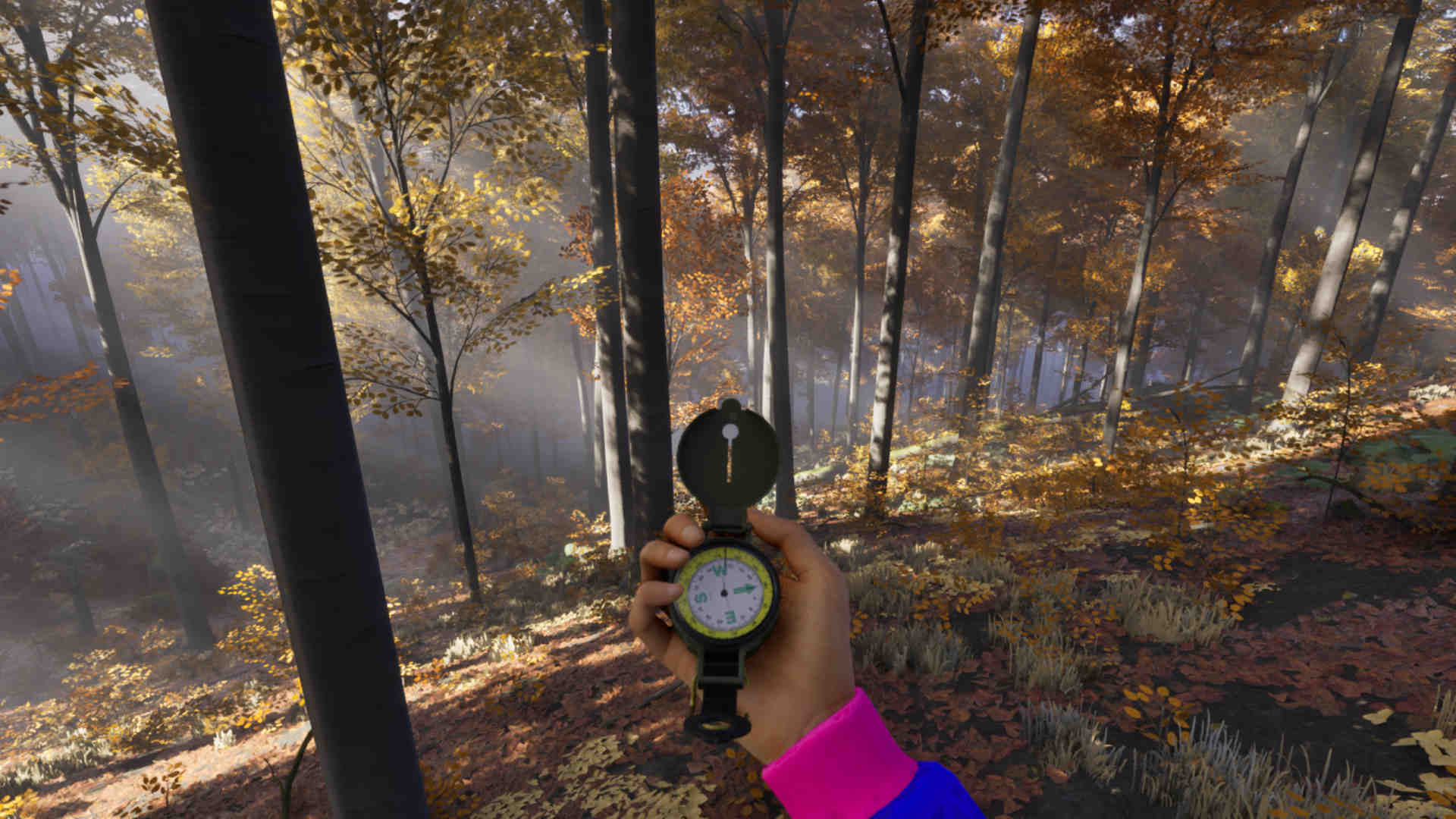
Very demure, very mindful
That was a year ago. Now, players are starting to get their hands on Prologue – as well as Preface, a Google Earth-style generation of an entire planet. But those are two relatively easy steps on the longer march to Project Artemis, Greene's full-scale open-world. Already three years along that road, I ask him how much longer he expects to work toward that end goal.
"10 years?" he posits sheepishly. In this industry, that might as well be a lifetime. It's the kind of timespan in which entire console generations can rise and fall. Greene isn't worried. "I'm not thinking like that," he explains. "For me, it was important to get the product in the right place." The team experimented with one engine, before switching to another when they found that it worked better with the machine learning ideas that shaped those four billion world seeds. "It takes time to make games. This has all been a grand experiment that we finally have some kind of provable or playable demo of." Prologue and Preface, he says, are "just a way to test the tech, and once we feel it's proven enough that we have enough systems in there and our own engine is ready, then we move to game two."
Sign up to the GamesRadar+ Newsletter
Weekly digests, tales from the communities you love, and more
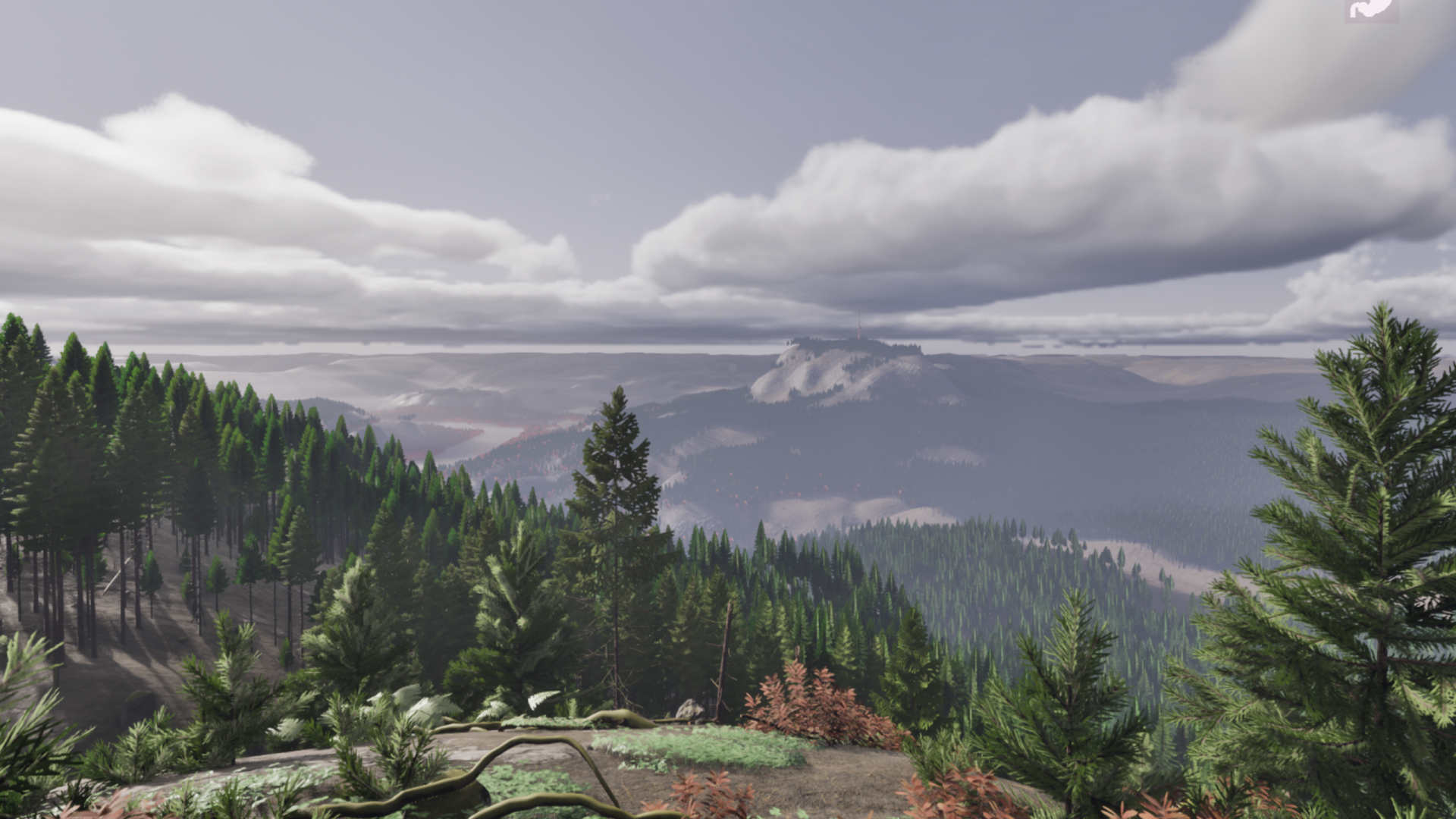
Greene says he remains "pretty confident" about that ambition, and that early impressions from Prologue mirror those he got from his original Battle Royale projects in the days before PUBG – that oh-so-valuable craving for 'just one more game'. "Yes, it's a tumultuous industry," he admits, "but I have a pretty solid goal, and we have a pretty good team, where I'm confident that we can get there. It's still going to be a journey, it's still going to have risks, but I'm talking to people now because I really feel confident in the plan we have."
Confidence can be a powerful drug, and Greene acknowledges that he still needs Prologue to sell well in order to realize that vision. As modest as he is, surely being PlayerUnknown offers a sense of insulation from the trials faced elsewhere in the industry? He remains demure, simply acknowledging that his past success has given him "a little bit" of a safety net. There are some investors offering support behind the scenes, and there's still a risk, but there's a reason that Greene is making this and not a more direct follow-up to PUBG: "That's not what I want to do. I'm… I used to say stubborn, but it's more single-minded. This is the game I've wanted to make, and thankfully I do have some level of standing in the industry, so people are happy to back it. I'm in quite a privileged position compared to a lot of the game devs out there."
The next chapter
With Prologue and Preface freshly 'productized', it can be hard to remember that Greene's goals remain loftier. It might still be a decade or more out, but Artemis clearly dominates his thoughts. It's an idea that's hard to pin down. In his announcement video in 2021, Greene pointed towards the work of Minecraft creator Markus 'Notch' Persson, the sandbox stylings of Garry's Mod's Garry Newman, and the universe-wide designs of No Man's Sky's Sean Murray as influences. The emergent gameplay that those games all encourage is a driving force behind Artemis, but so is the desire to create bigger and bigger play spaces. He references a world that's 10,000 square kilometers in size, the result of a map that runs for 60 miles on each edge, and would dwarf the worlds of Skyrim, The Witcher 3, or PUBG.
"I want everyone to be able to create massive worlds," Greene says. "I hope someday that you'll have our survival world, our 'chill' world, but then you also have a Ubisoft world or a Sony world or a Microsoft world." Does a 10,000 sq km world, especially one filled with emergent gameplay opportunities shaped by players, not risk feeling like a wasteland? "Yes, but so was the internet," Greene hits back. "The start was a wasteland. There was nothing there. It was quite barren. Now we have this wonderfully diverse, super multi-layered experience."
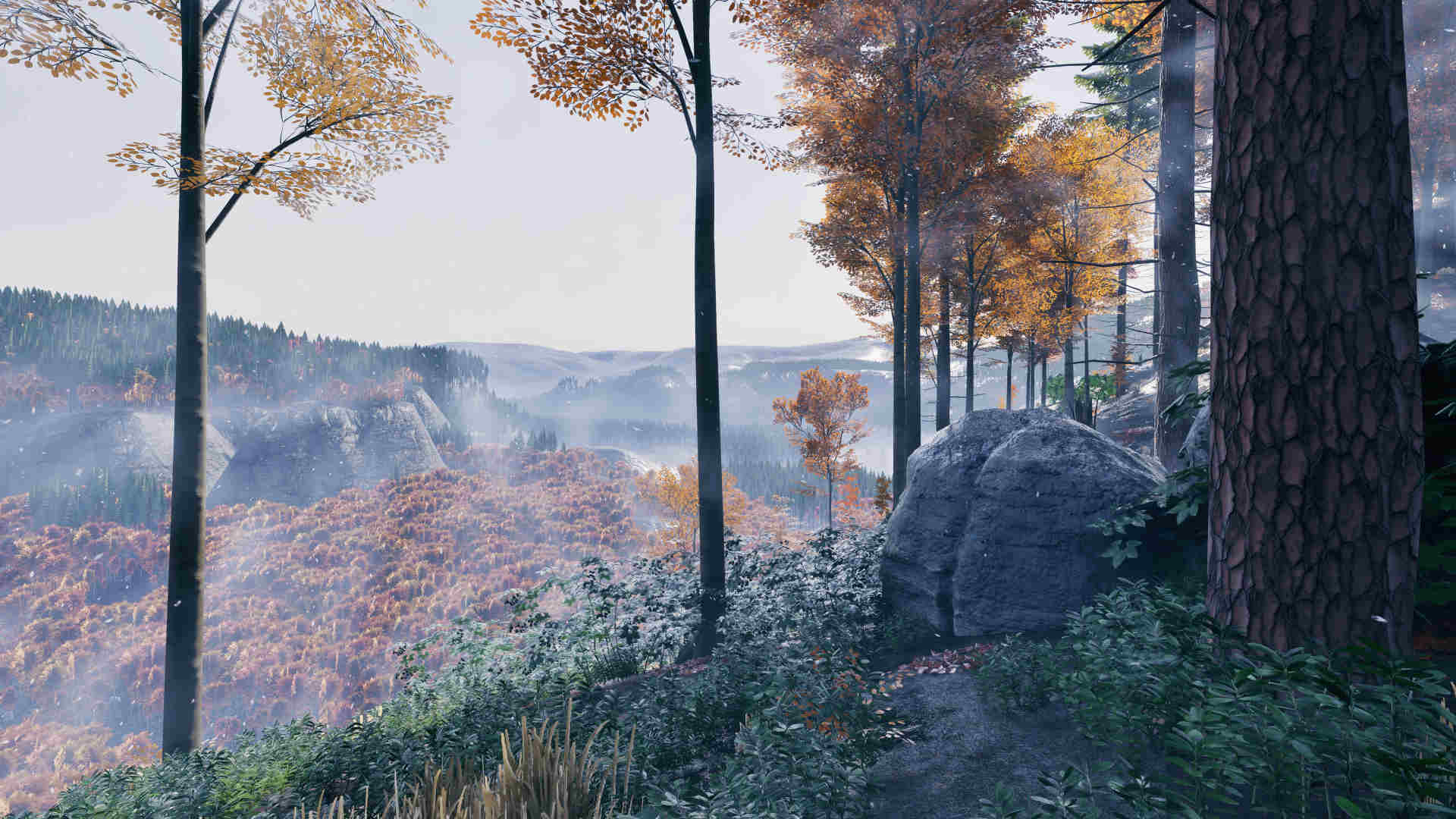
As Greene reminisces about GeoCities, he name-drops the idea of the Metaverse. It's a concept that's hung over this project almost since launch, and one that's almost impossible to ignore as he discusses Artemis – a few years ago, Silicon Valley was obsessed with the idea of enduring virtual spaces filled with user-generated content. Green's black and white announcement video dropped a month before Facebook became 'Meta', but the similarities are clear. When I query his use of the word, Greene acknowledges that it's still a loaded term: "I don't want to use it. The corporate johnnies have killed it. They've taken that word and smeared it with shit."
However similar the wording between the brainchildren of Greene and Zuckerberg might be, it's clear Greene is trying to do far more than create a virtual meeting room. The phrase "realistic Minecraft" is thrown out at one point as he tries to explain a desire to have scientifically-accurate geology lurking beneath the surface of this huge generated world. It's perhaps the clearest sense of what the goal at the end of this decade-long process might look like: An enormous, accurate MMO-style world filled with the creations of the thousands – or perhaps millions – of players that Greene hopes will call it home. It's still a long, long way off, but Greene's self-professed single-mindedness suggests that it will eventually come to fruition.
"I have this idea in my head I want to get out," he tells me, referencing the long-term nature of his work. "For me, it's a pleasure, a privilege to work in this industry, coming from where I did, from nothing, seven years ago. I am a bit zealous about this project, because I really believe it's a needed space. I see the world becoming more and more isolated. I see us living in smaller boxes. And I think this kind of shared space is necessary now, so I've become a bit zealous in trying to make it. I'm blessed to work in an industry where I love what I do every day. I'm excited every day that we're getting closer and closer. It fills me with pride, because the team, they get what we're trying to do, and you speak to a few of them, and they're like 'it's going to take a long time, but if we can do it, my God, this will be something groundbreaking'."
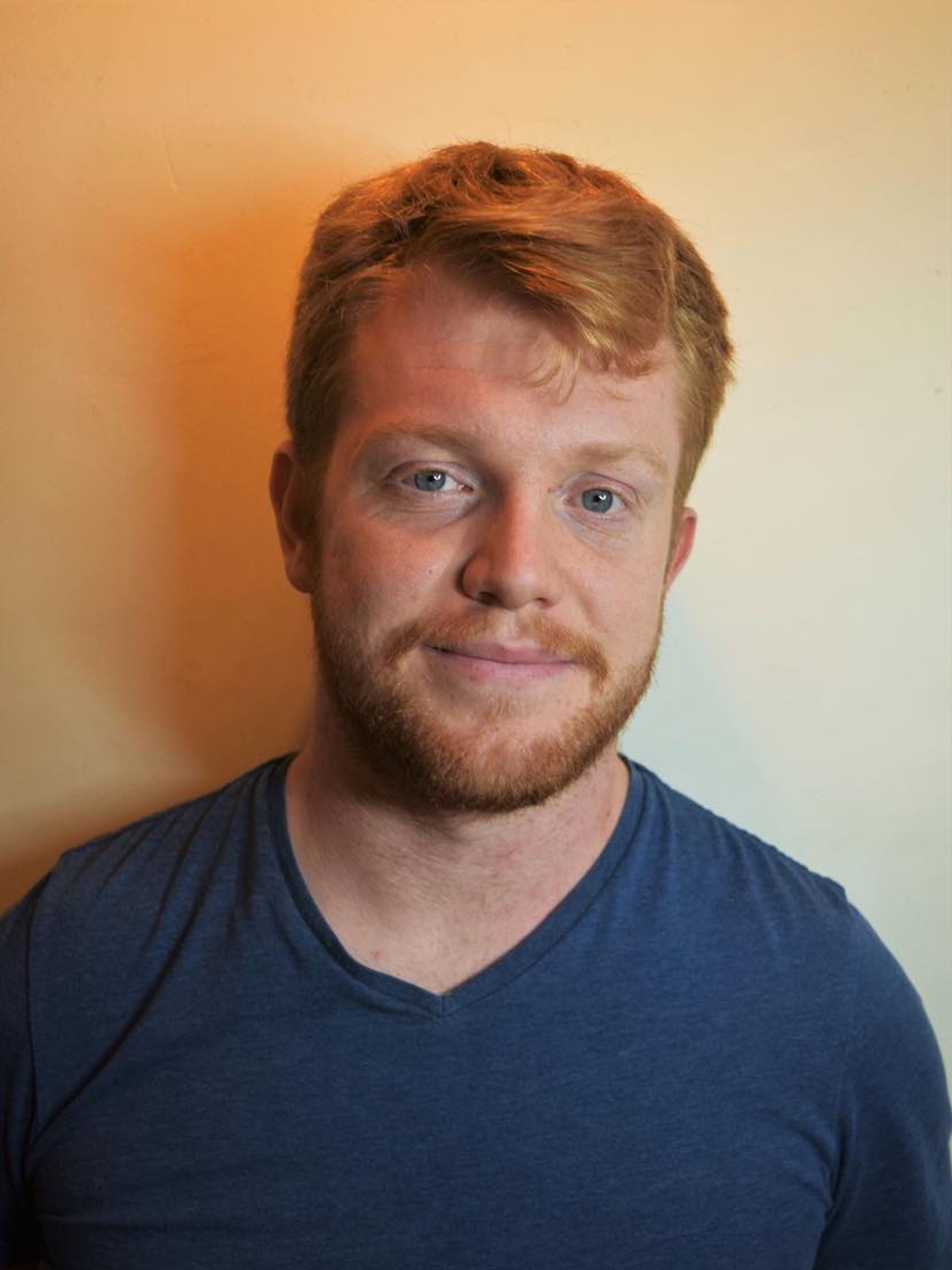
I'm GamesRadar's news editor, working with the team to deliver breaking news from across the industry. I started my journalistic career while getting my degree in English Literature at the University of Warwick, where I also worked as Games Editor on the student newspaper, The Boar. Since then, I've run the news sections at PCGamesN and Kotaku UK, and also regularly contributed to PC Gamer. As you might be able to tell, PC is my platform of choice, so you can regularly find me playing League of Legends or Steam's latest indie hit.


